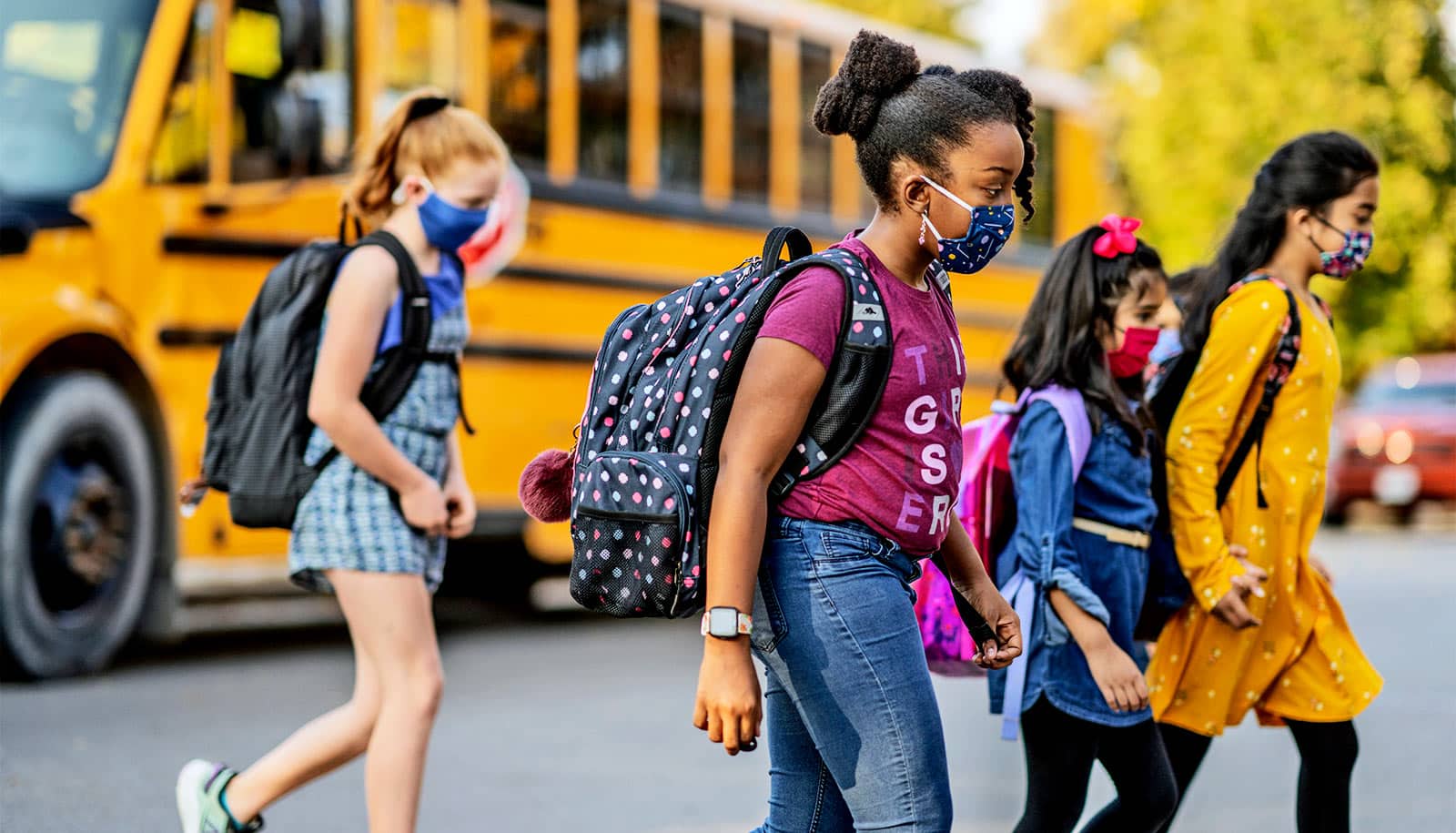A new digital platform offers the most comprehensive data available to date on the ways in which the COVID-19 pandemic has affected learning for children in kindergarten through 12th grade in public schools across the United States.
The COVID-19 School Data Hub provides a detailed, school-by-school look at which schools and districts operated in person, virtually, or in hybrid mode throughout the 2020-21 school year; how COVID-19 case rates rose and fell during that time; and, in some cases, how the pandemic affected enrollment and standardized test scores.
In addition to providing families and community leaders with clear information on how the pandemic continues to affect K-12 education, it is designed to help researchers answer crucial questions for the months and years ahead—including how in-person, remote, and hybrid learning environments have affected students’ mental and physical health, parents’ work and personal lives, and more.
Emily Oster, professor of economics at Brown University, says she was motivated to create a data hub after it became clear that neither federal nor state governments were providing what she viewed as critical information on which schools were reopening or not, whether and when they experienced rises in COVID-19 cases, and how enrollment changed over the course of the pandemic.
“The pandemic has affected everything from learning loss to students’ mental and physical health to the employment status of parents,” Oster says. “And yet when we try to quantify its impact on these things, we’re driving around with one headlight, or no headlights.
“Some states have collected this data; some haven’t… We have federal data on school operations for only the largest districts in the country… That’s really crazy. We need good information on this to guide the decisions we’re going to make in the year ahead.”
Oster—whose data-driven website COVID Explained helped guide many families’ pandemic-era decisions over the last year and a half—says she believes the School Data Hub is the most comprehensive and accessible database on the topic created to date.
Currently, the hub has information on COVID-19 case rates and transitions from virtual to hybrid to in-person learning for more than 55,000 schools in 30 states and the District of Columbia. Interactive, color-coded maps allow users to trace variations in learning modes across districts, states, and the entire nation from August 2020 to May 2021. And downloadable spreadsheets provide granular information on COVID-19 cases, masking protocols, and more.
“Our aim is to have a more complete dataset,” Oster says. “We are asking the states that have not contributed data—states including Tennessee, North Carolina, Pennsylvania, and Delaware—to do so. That, together with what we already have, will allow us to paint a complete picture, allowing us to move forward in understanding some of the pandemic’s effects on learning for a wide variety of students.”
The available data have already yielded one major insight. Oster and her research team used standardized testing data and information about school learning modes in Virginia to demonstrate that schools that operated mostly virtually during the 2020-21 school year saw larger drops in student reading and math proficiency than schools that predominantly operated in person.
Oster says she hopes that as researchers and policymakers begin to make use of the data, new insights on the pandemic’s effect on schools and society come to light.
“As we face down another wave of possible school closures due to the spreading Delta variant, it’s become even more crucial to understand what has happened in our schools over the last 18 months,” Oster says. “Our data are ready for analysis.”
Publicly available, the COVID-19 School Data Hub‘s work received support from Emergent Ventures at the Mercatus Center, the Chan Zuckerberg Initiative, and Arnold Ventures.
Source: Brown University



